MOES ZSS-LP-HP02-MS is a Zigbee presence detector that detects your presence even if you are not moving (sleeping, sitting etc.) so you can imagine different interesting use cases in a house.
Why does ZSS-LP-HP02 have this price?
The ZSS-LP-HP02-MS presence sensor uses radar technology to detect people even when they are not moving and communicates presence and absence states with Zigbee technology to a compatible hub, either Tuya (Lidl, Moes, Nous etc), Home Assistant or Jeedom (with Zigbee2MQTT).
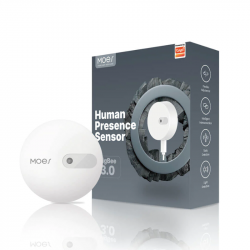
Advantages and Disadvantages of Moes Presence Sensor
Advantages
- Detects the presence of a person: Unlike a motion sensor that only detects movements of a person, a presence sensor can know if there is a person in an area even if they do not move.
- Itknows the distance of the person: We can know how far away the detected person is.
- Itmeasures luminosity: It can be interesting for light activation routines.
- Compatibilities: The Moes Zigbee presence detector is compatible with Tuya Smart Life home automation hubs (Lidl, Nous, Moes etc), Jeedom and Home Assistant (with Zigbee2MQTT).
Disadvantages
- You need a Zigbee hub: Since this floor sensor transmits its measurements using Zigbee technology, you need to use a compatible Zigbee hub.
- It is mains powered: You need to plug it electrically into the mains so it is not as flexible compared to a battery powered sensor.
- Price: The price of this smart presence sensor is higher than a motion sensor but it is also more accurate for detection.
Moes Zigbee Presence Detector Guide
If I am in the bathroom without moving much, the light switches off automatically.
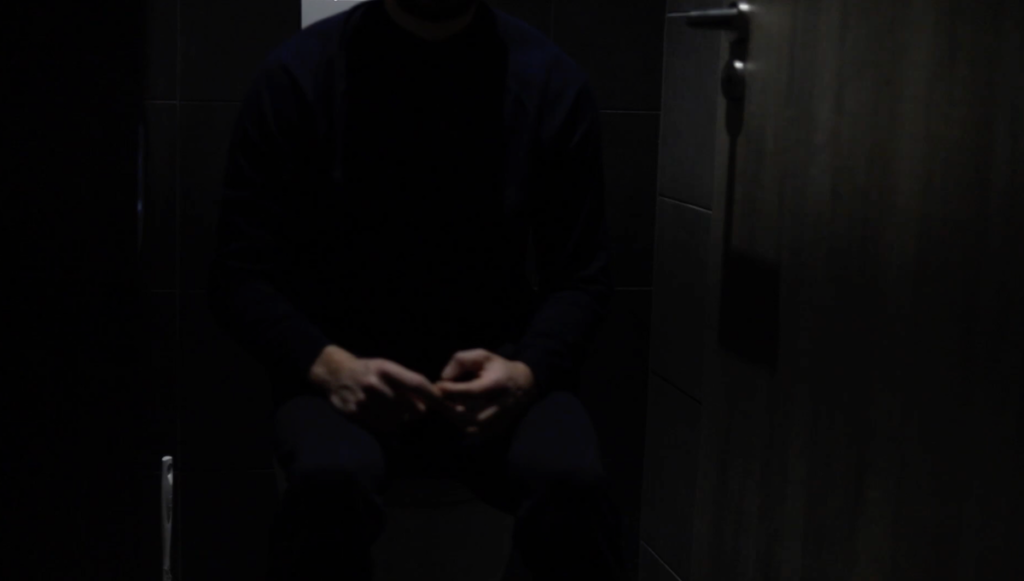
The same happens when I work in the office without moving much, since I am working on a computer.
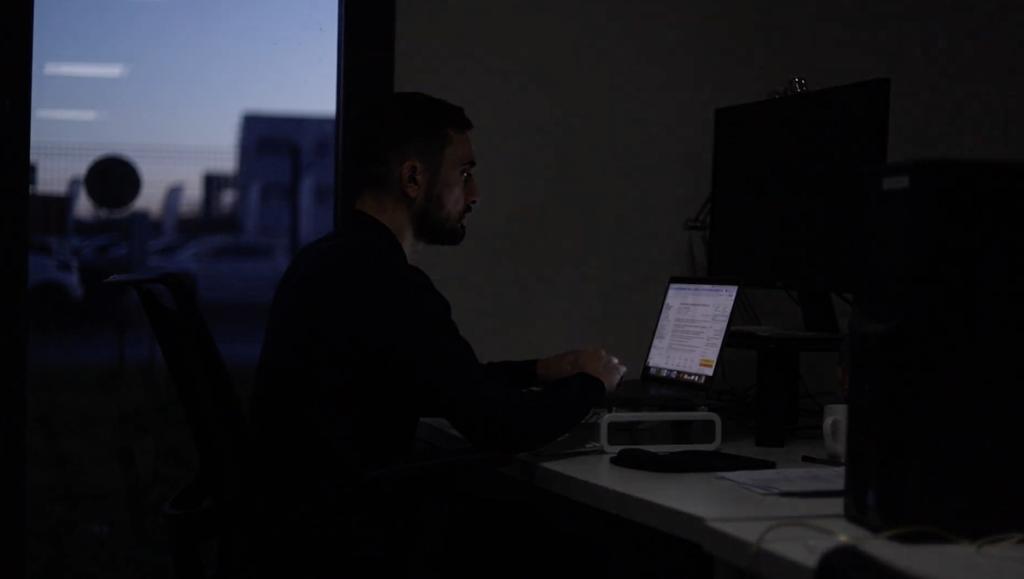
To switch the light back on, I need to make arm movements every X amount of time and it is impractical.
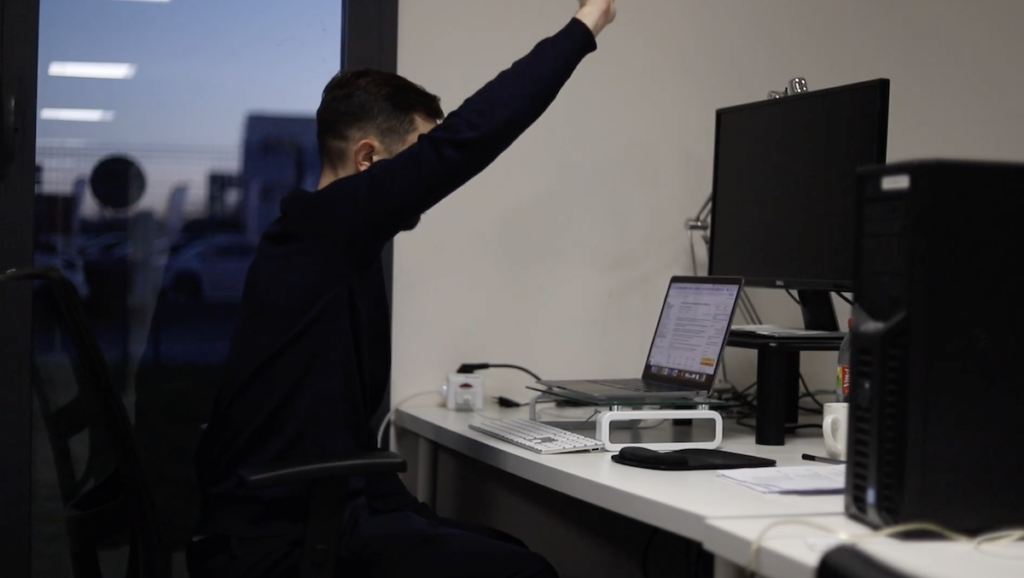
And this is often the case in a smart home.
What is the reason?
It’s just that we always used motion sensors, whatever the brand and whatever the technology.
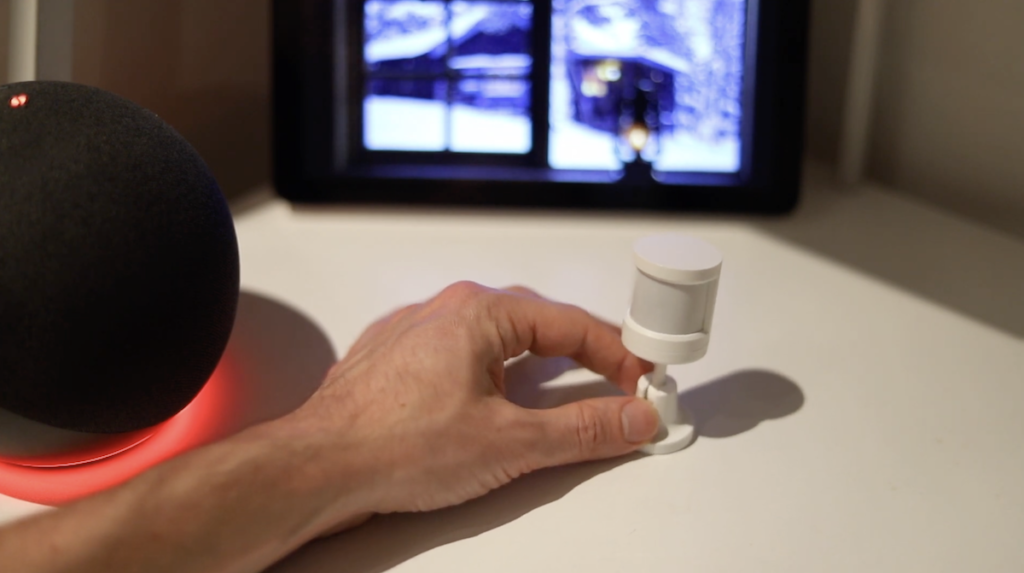
But now, presence sensors are arriving, which, as their name suggests, instead of detecting movement, detect a presence, which will be very practical in different cases, as we are going to see in this content.
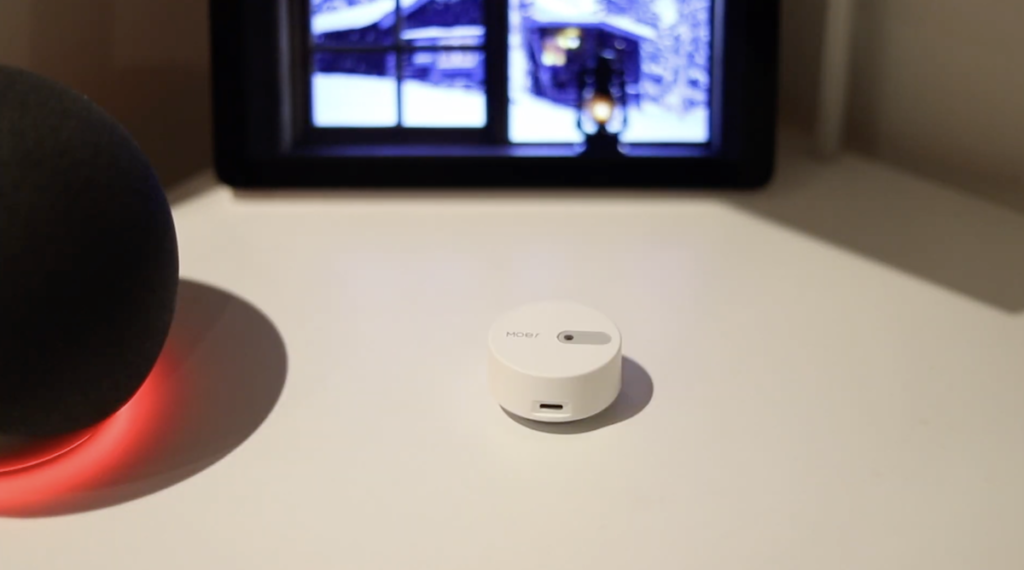
Today we are going to test the intelligent presence sensor ZSS-LP-HP02-MS from MOES.
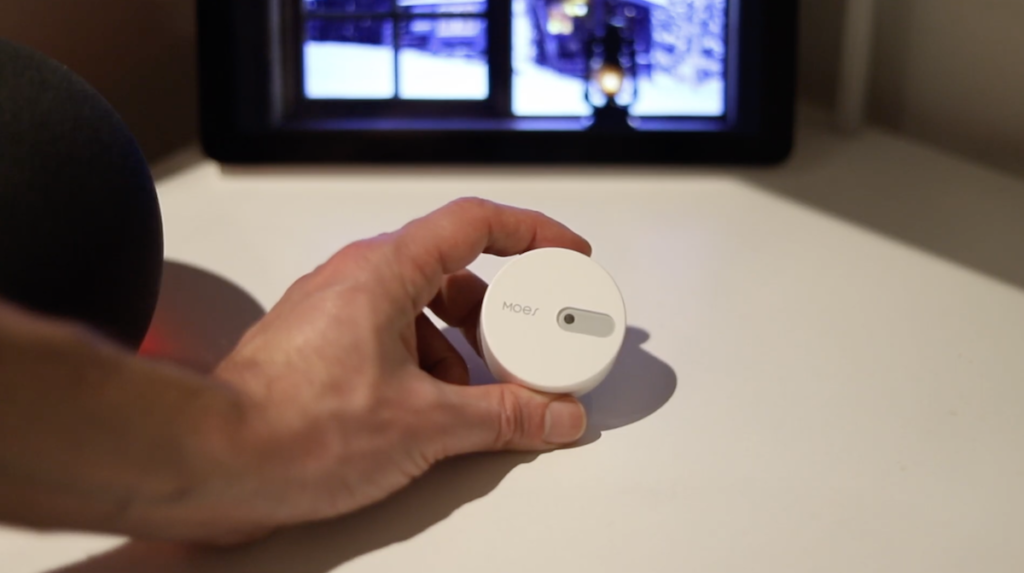
As you can see, it is a very small sensor, which I find interesting since it is unobtrusive and will not affect the aesthetics of your installation too much.
It connects to power via a micro USB-C port, comes with cable included, but you must add a power supply to be able to plug it in.
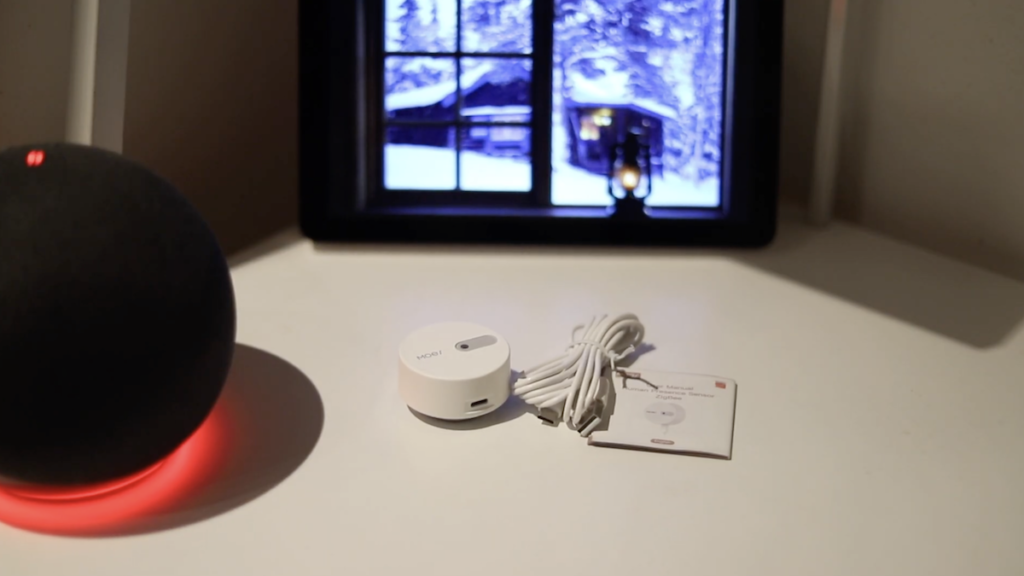
It works with Wave radar technology which emits a signal in the form of waves and can accurately detect a person, even if they are not moving, unlike a motion sensor which usually works with passive infrared PIR technology which measures changes or variations in infrared waves and, as the name suggests, is used to detect a person’s movement.
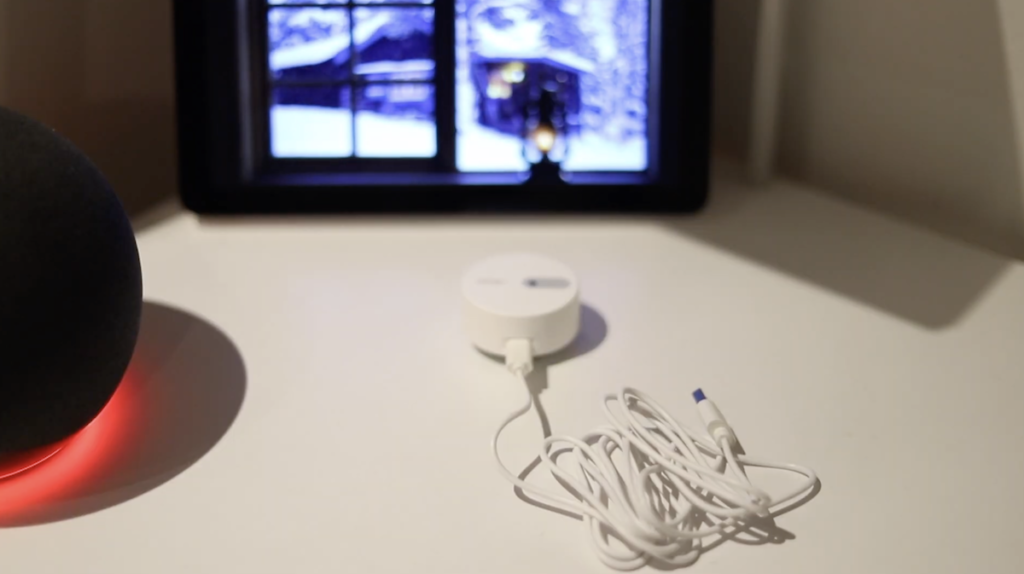
It has a detection angle of 180 degrees at a distance of 3 metres, 140 degrees at 5 metres and 60 degrees at 6 metres.
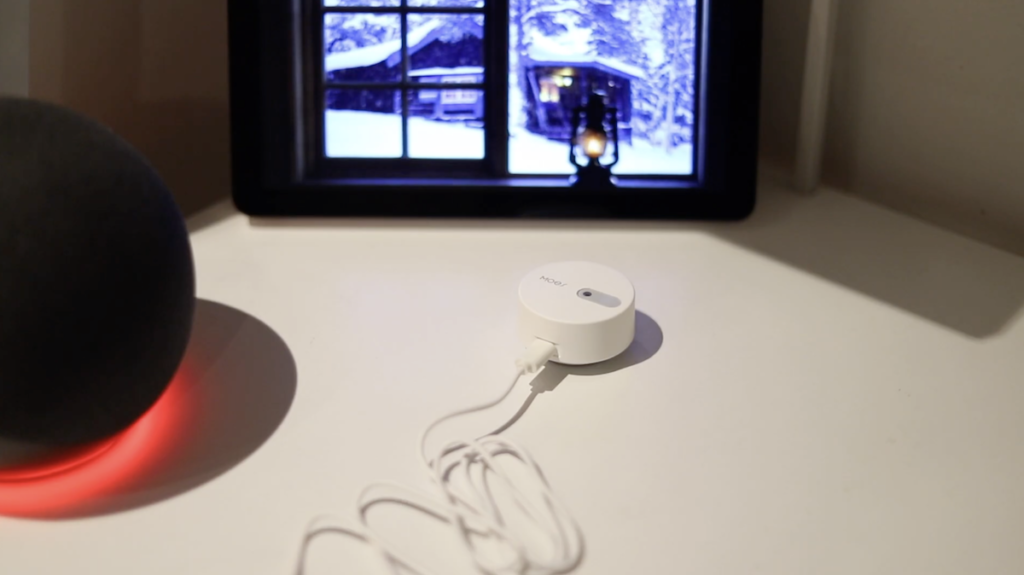
You can install it thanks to a magnetic mount on metal surfaces.
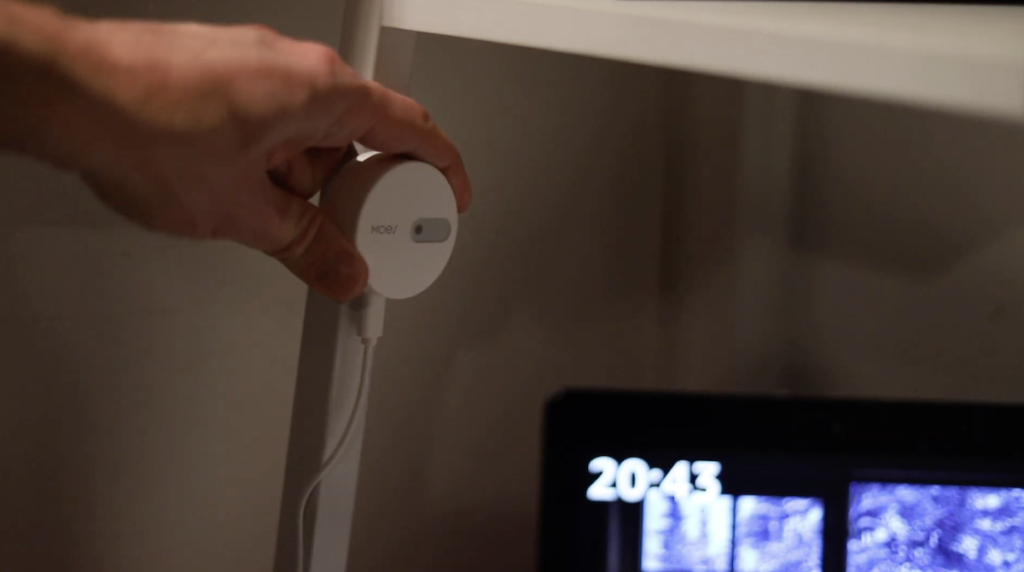
Or stick it on the wall thanks to its adhesive.
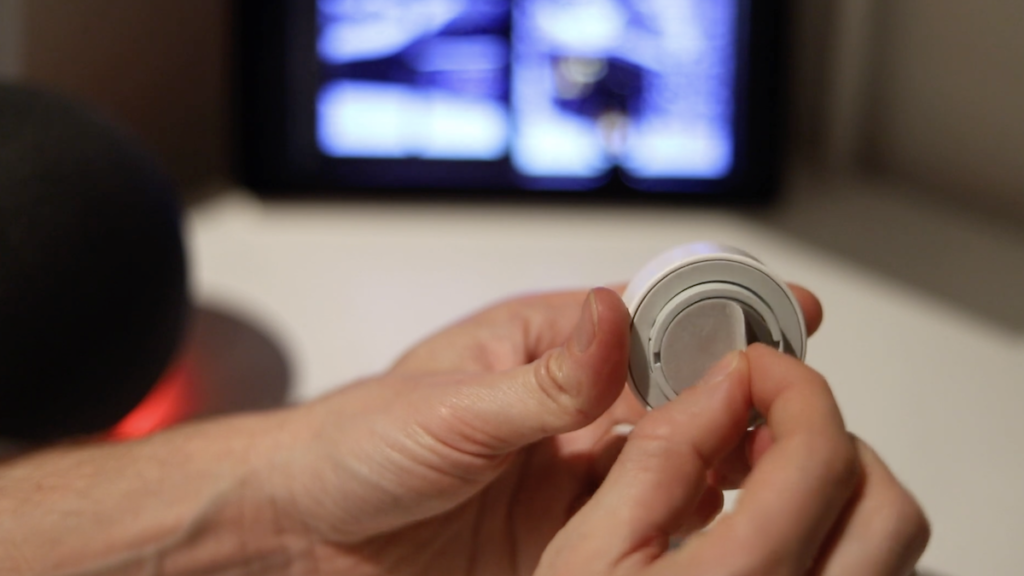
This bracket can be rotated, which is a very interesting detail if you want to orient your presence sensor.
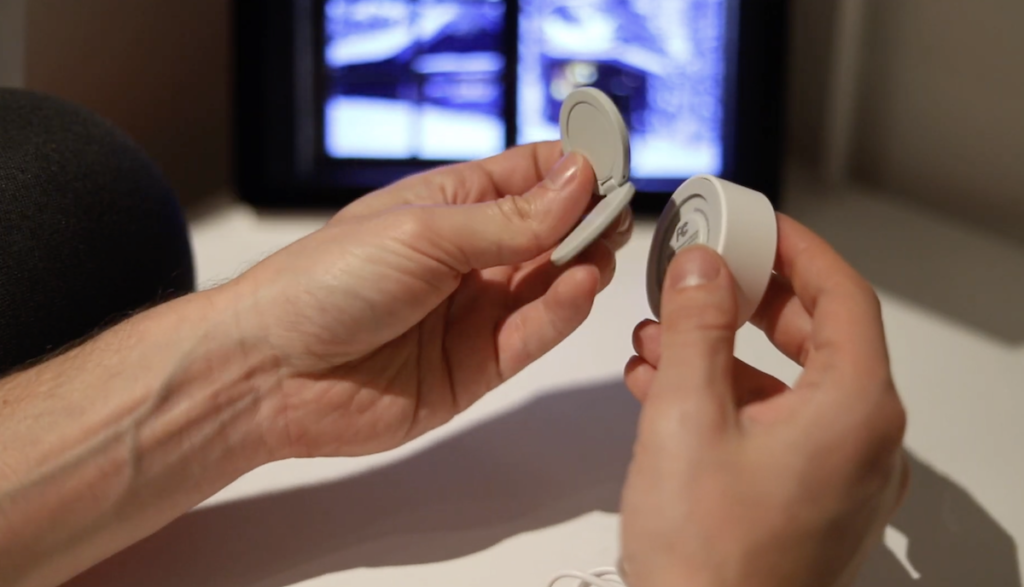
This presence sensor ZSS-LP-HP02-MS works with the famous Zigbee wireless technology and therefore you need a compatible Zigbee home automation hub.
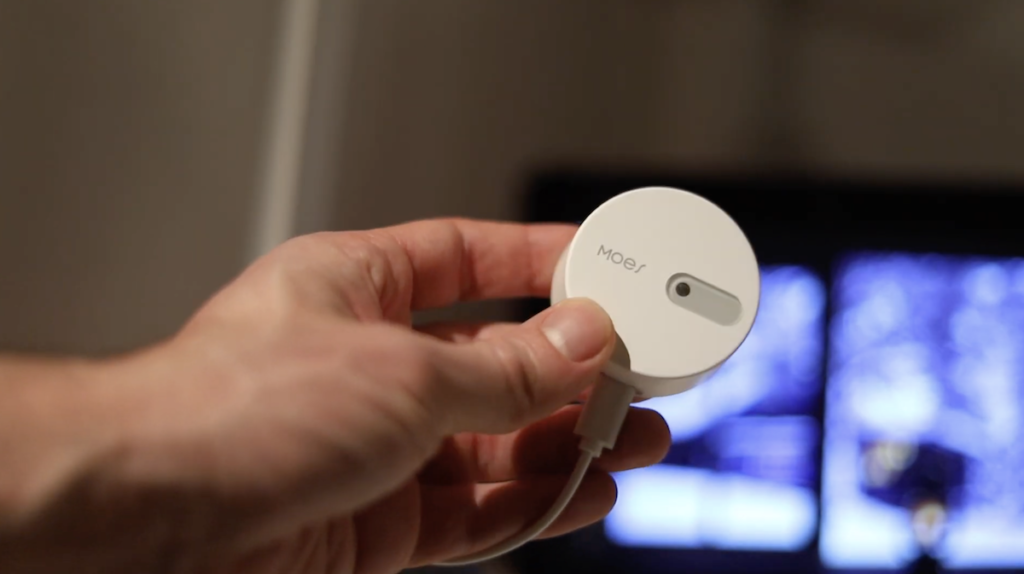
You can use a Zigbee home automation hub from the Tuya ecosystem, such as the Lidl home automation hub, Moes, Nous or any other brand, as long as you use the Smart Life application with your home automation hub.
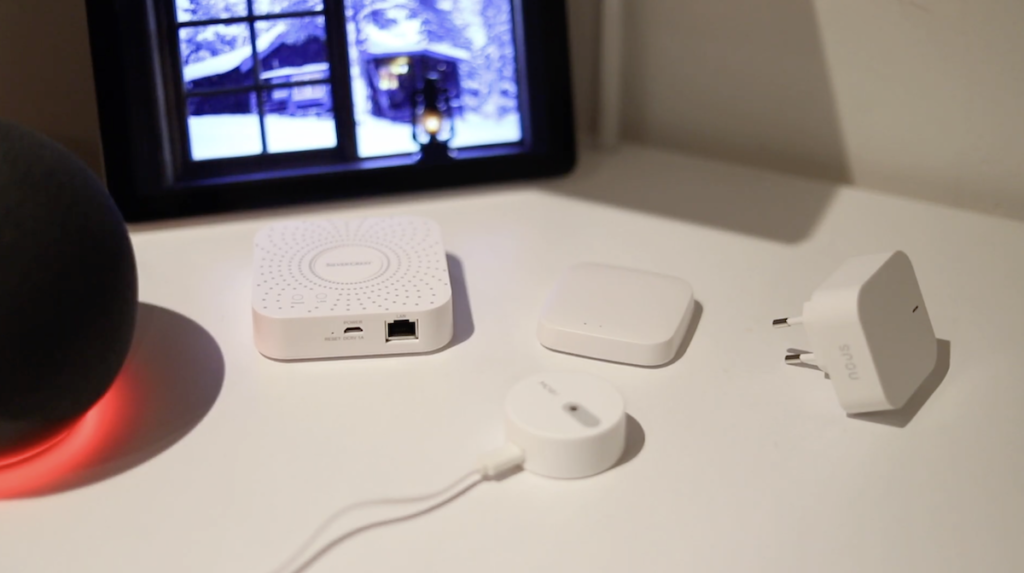
And also, this ZSS-LP-HP02-MS sensor works with universal hubs like Jeedom and Home Assistant thanks to Zigbee2Mqtt.
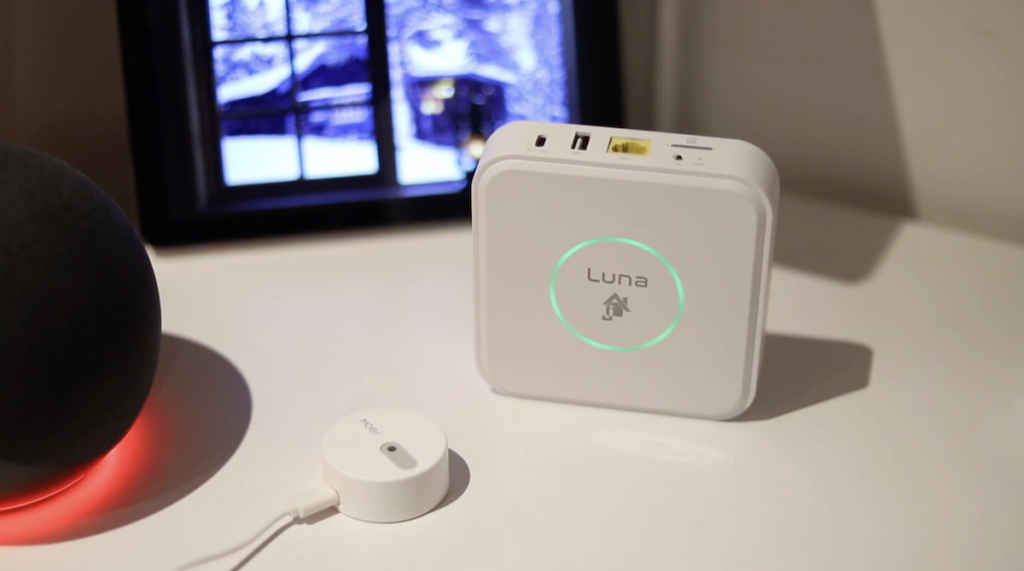
To begin with, we are going to test it with a Tuya home automation hub. We are going to go to the Smart Life application and we are going to include the ZSS-LP-HP02-MS presence sensor.
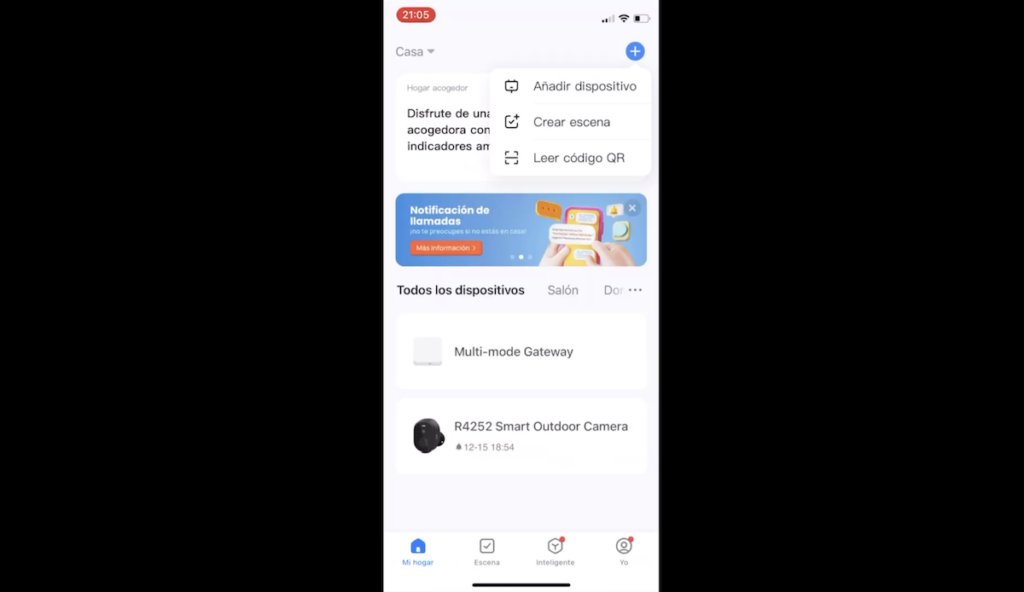
Go to “Others” and click on “Others (Zigbee)”.
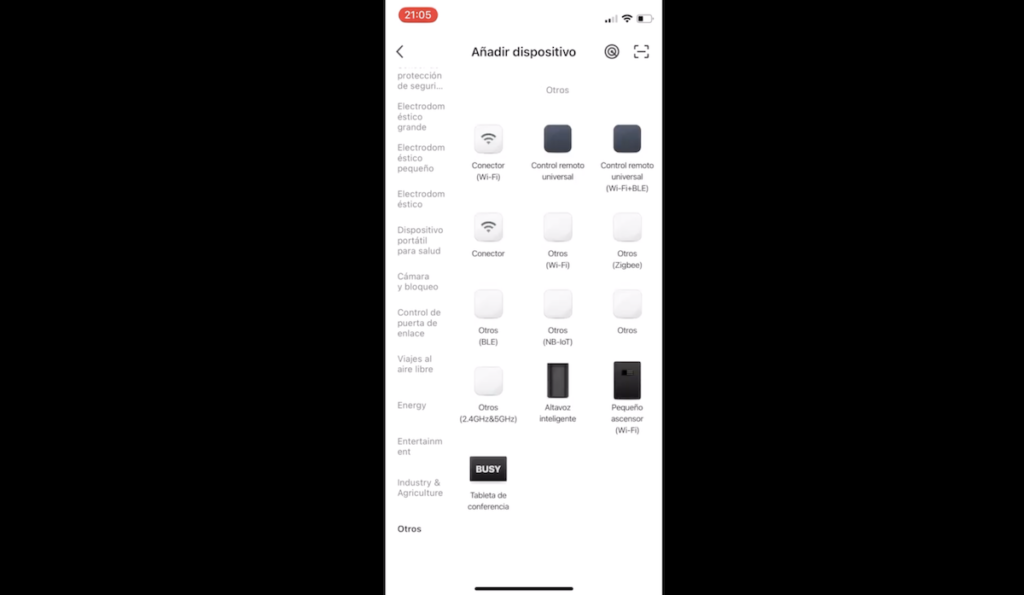
Now, you are instructed to press the “Reset” button on the device for 5 seconds.

The ZSS-LP-HP02-MS sensor LED must be activated once it is in inclusion mode.
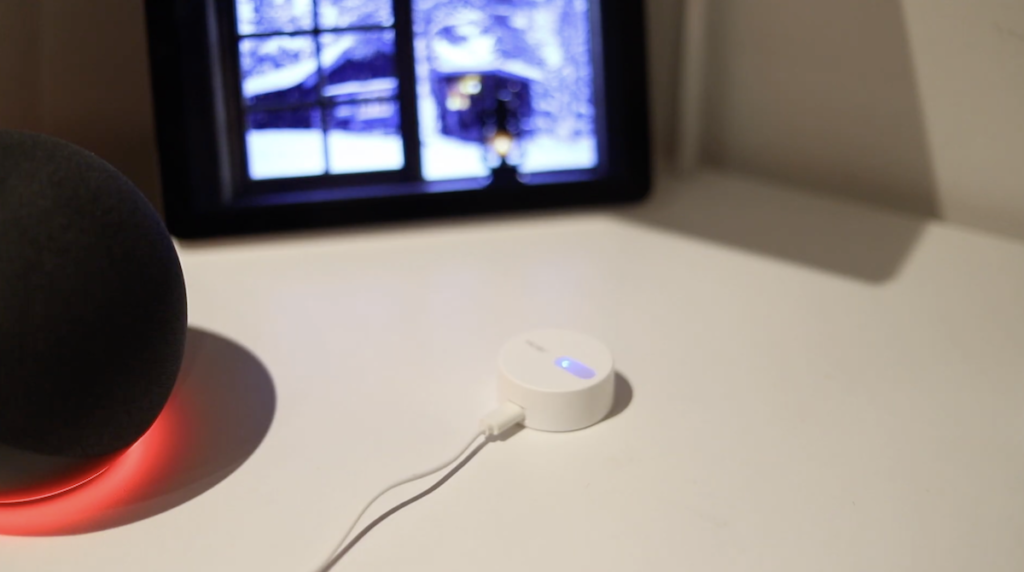
Once included, the device appears in the Smart Life App.
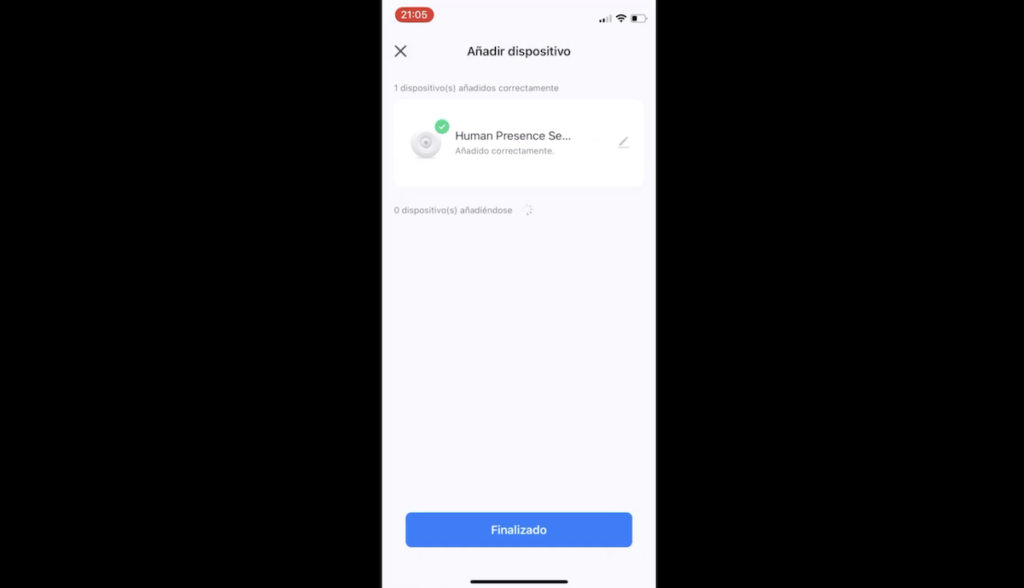
We can see their different information.
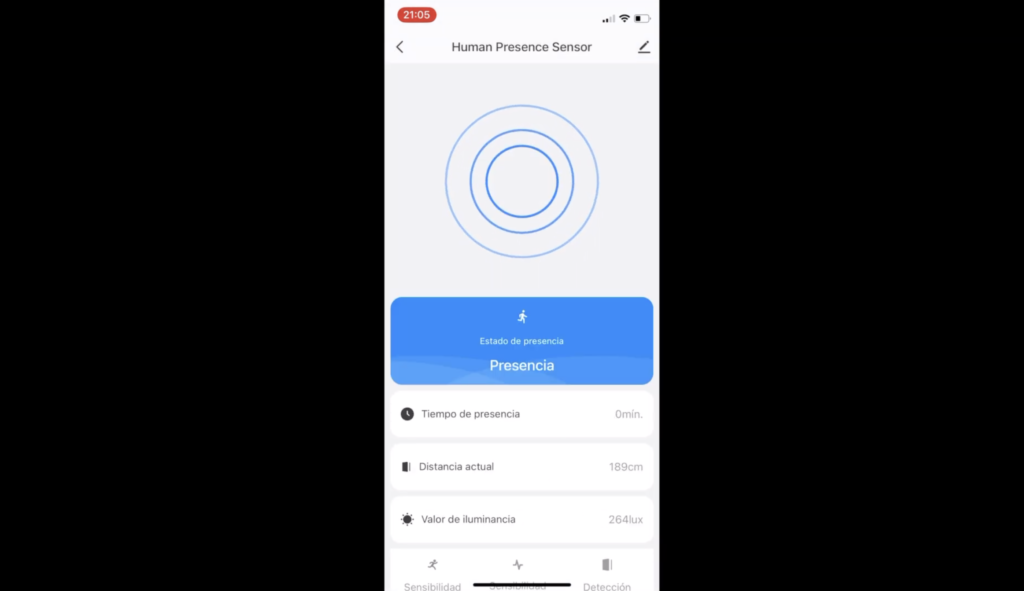
For a start, we can know in real time whether there is a detected presence or no detected presence.

Another very interesting detail is that we can find out how long the presence has been detected.

Our presence sensor ZSS-LP-HP02-MS can also show us how far away we are.
In addition to integrating a presence sensor, it also integrates a brightness sensor. This function is very interesting because we can create routines, for example, if our presence is detected in an area of the house and it is night time, then the lights are switched on. But if it is daytime, the lights are not switched on.
Knowing the brightness measurements is therefore a practical detail.
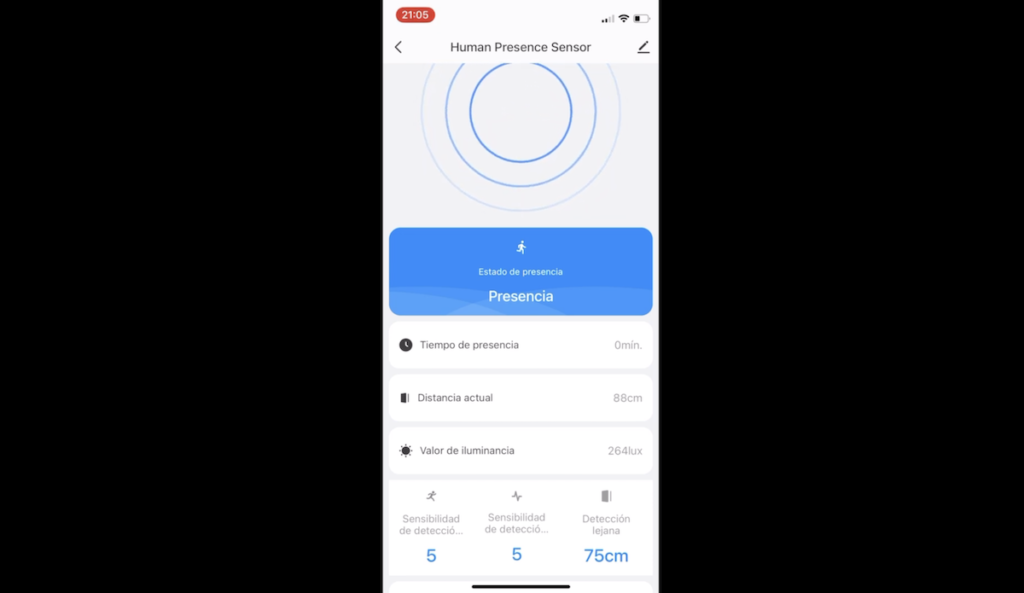
Then, we have an option to adjust the sensitivity of the sensor in case you want it to be more or less sensitive to motion detection and another option to adjust, this time, a sensor sensitivity for immobility detection.
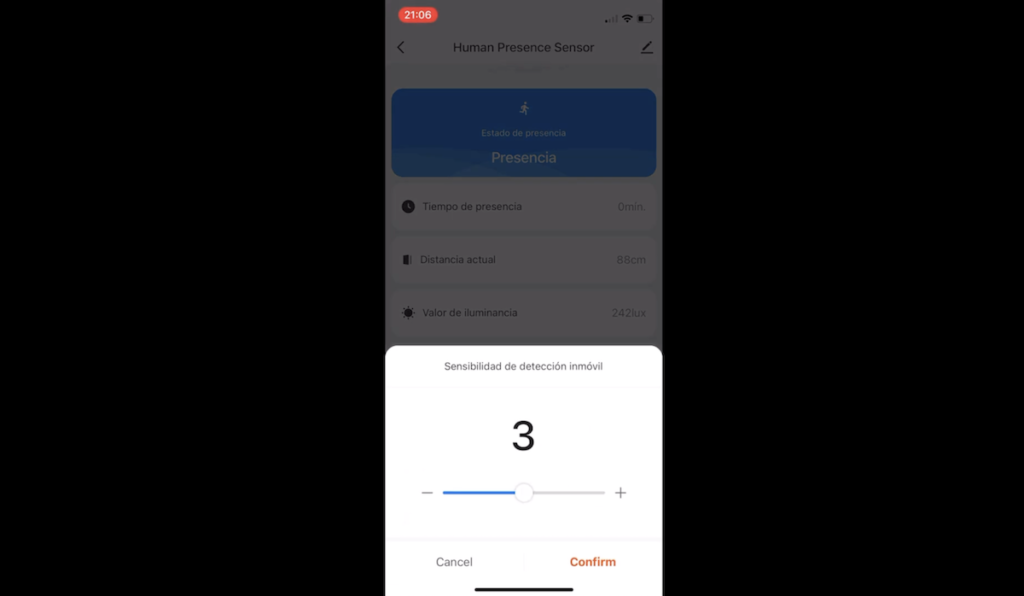
Another interesting function that can be adjusted is the detection distance between 75 cm and 6 metres.
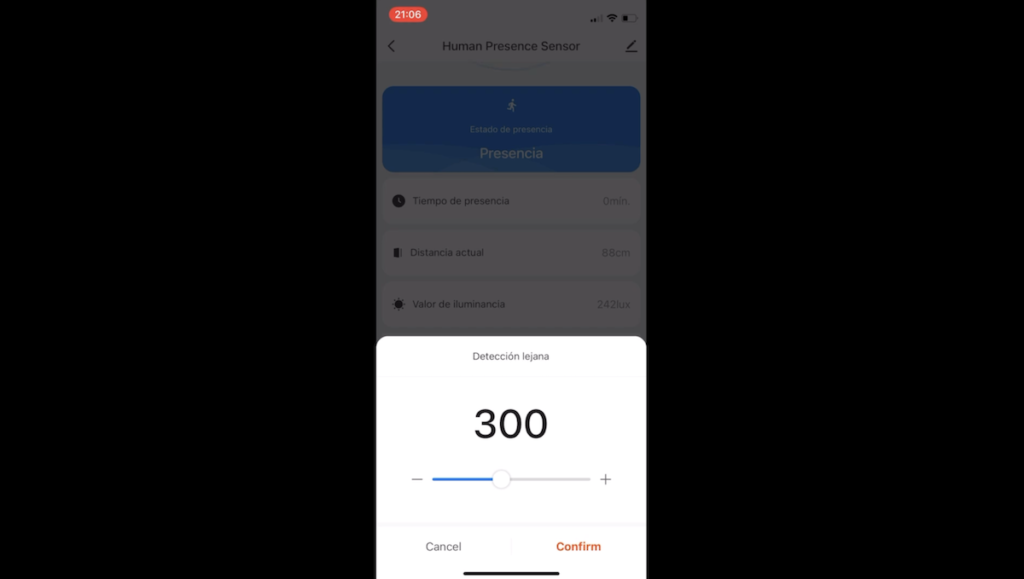
Afterwards, we can also set a time for the sensor to change its presence status to no presence when it no longer detects anyone.

That is, if, for example, we have a setting of 10 seconds and no presence has been detected for 10 seconds, at this point, it reverts to the “no presence” state.
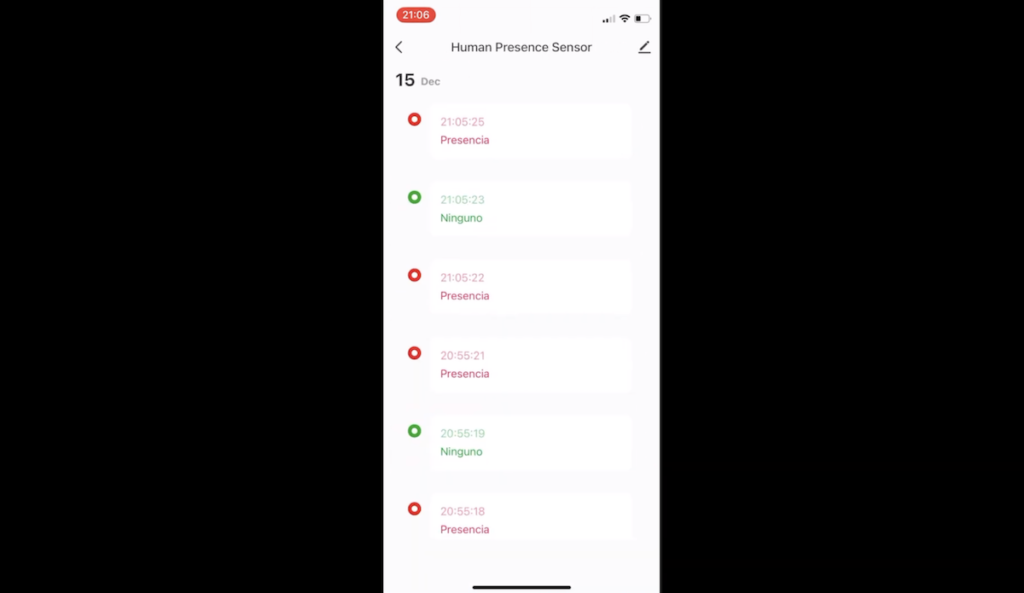
And other very interesting details are to see presence and brightness histories over time, which is interesting, for example, if we want to know the presence activities during the day.
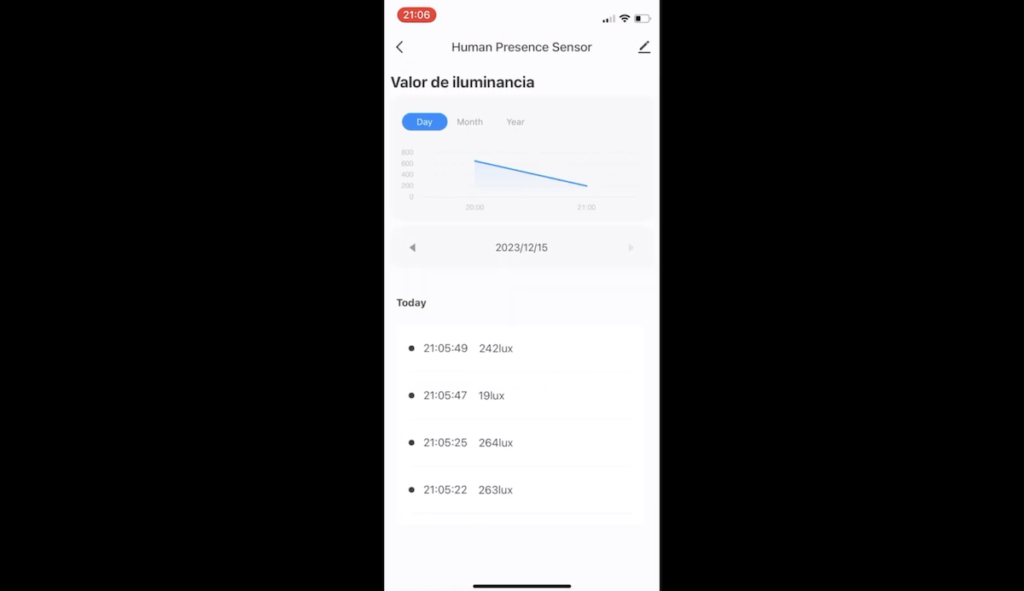
And of course, if you have a more advanced smart home installation with universal hubs like Jeedom and Home Assistant with Zigbee2MQTT, you can enjoy the features of this ZSS-LP-HP02-MS presence sensor in your installation.
To do this, you must launch the inclusion mode in the Zigbee2MQTT interface.
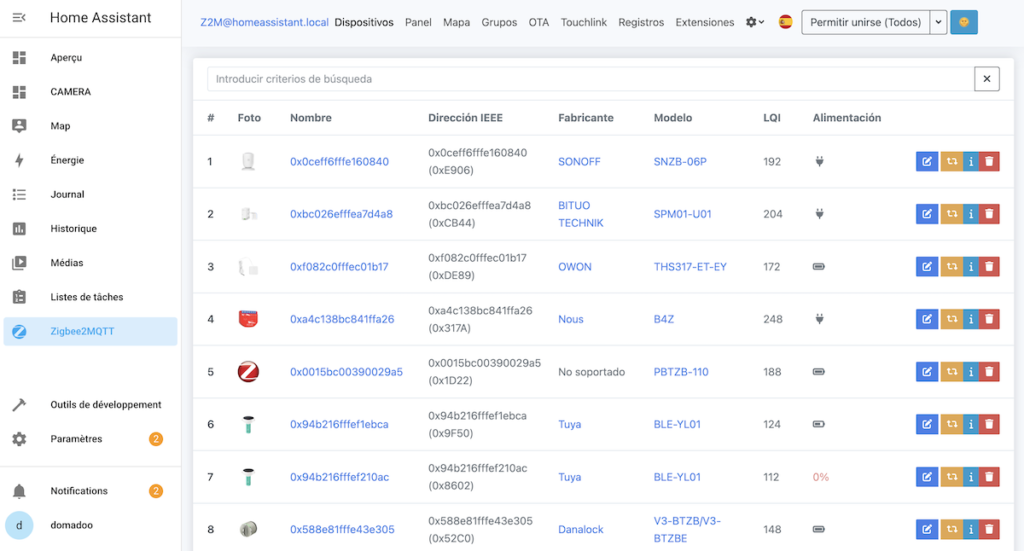
At this point, you must press the sensor button for 5 seconds and it will appear on the interface of your home automation hub.
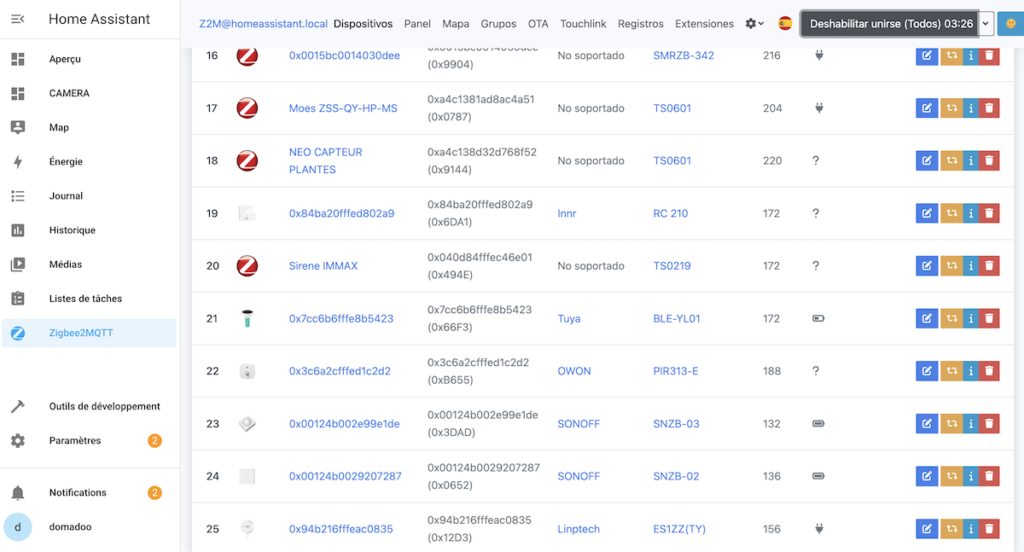
Ready, now we can know the information of our sensor in real time.
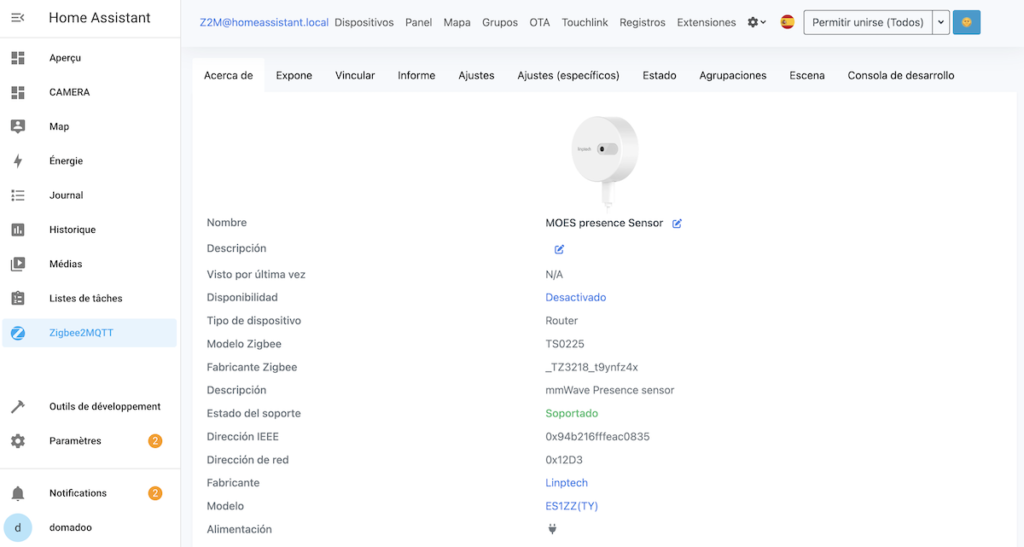
In addition to this information from our presence sensor, we can also adjust the various parameters.
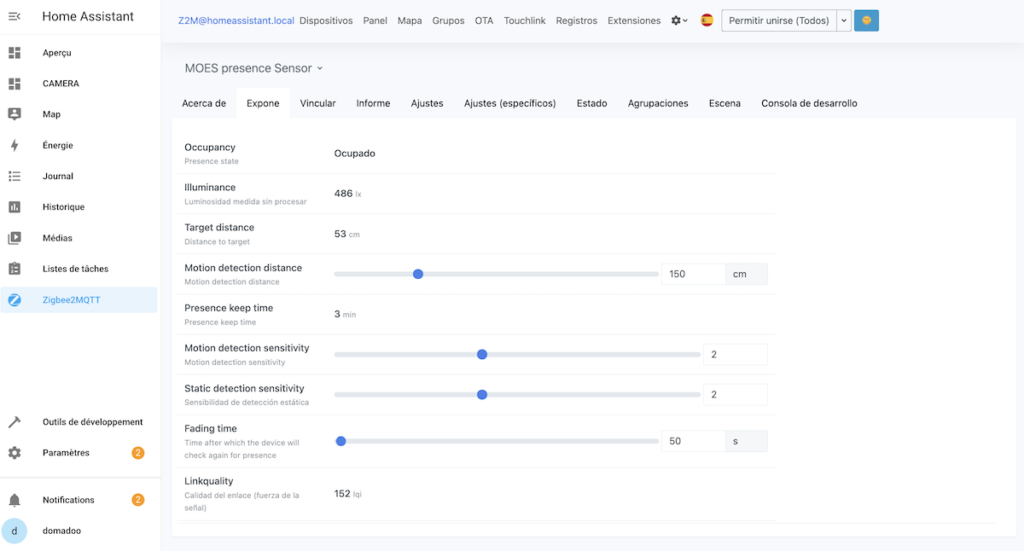
With all these details, we will be able to create the best routines in our smart home and here are some examples of routines:
When you sit on the sofa to read a book, listen to a podcast or watch TV, and the brightness is less than 300 lux, i.e. it is not very bright, then the light switches on automatically and will not switch off until you leave the room.
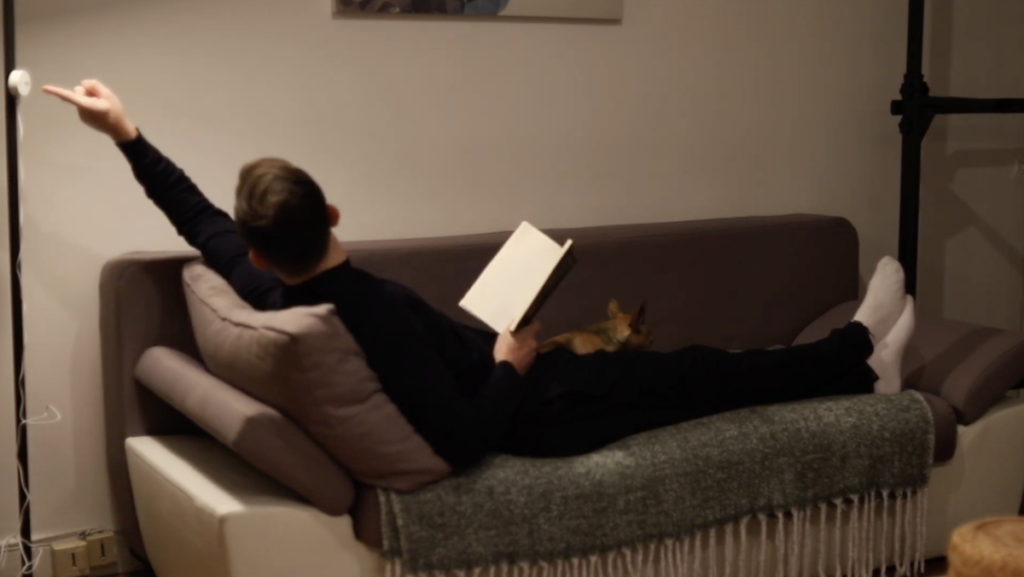
If we do the same test with a motion sensor, we can see that when it does not move, the light turns off and we have to move every x amount of time to activate it again.
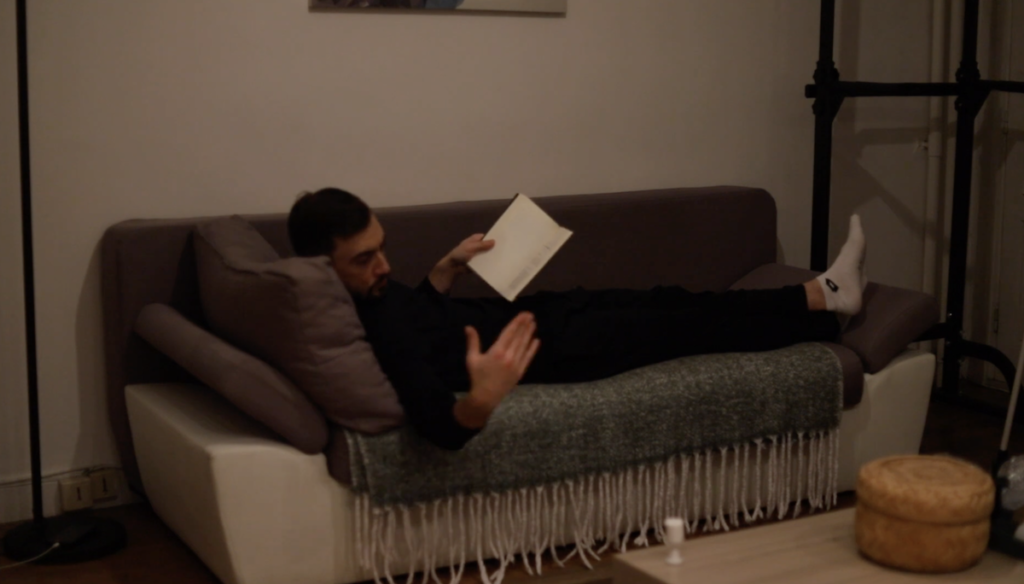
Another example of use is to detect a potential burglar; a motion sensor may not detect him if he moves slowly without sudden movements, but with a presence sensor, even if he does not move, his presence is detected and therefore we can receive a notification on our phone and our alarm system can be activated automatically.
If we do a test with a motion sensor, we can see that it may not detect a person if they do not make big movements, so it is very interesting to be able to have a presence sensor.
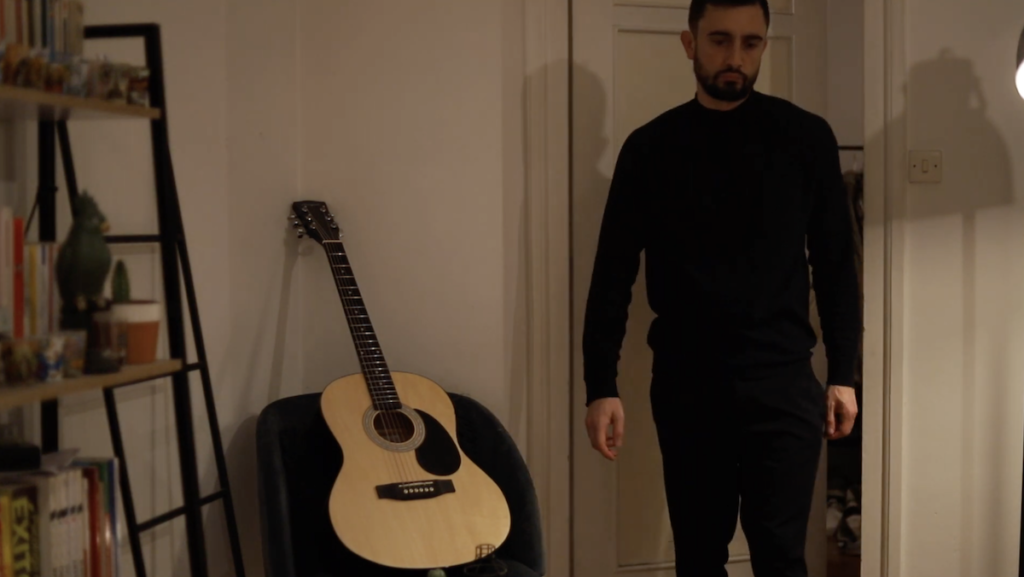
But that’s not all!
If you have voice assistants with Amazon Alexa and you have previously linked your Amazon Alexa account with your Smart Life app, you automatically have your ZSS-LP-HP02-MS presence sensor available in this app.
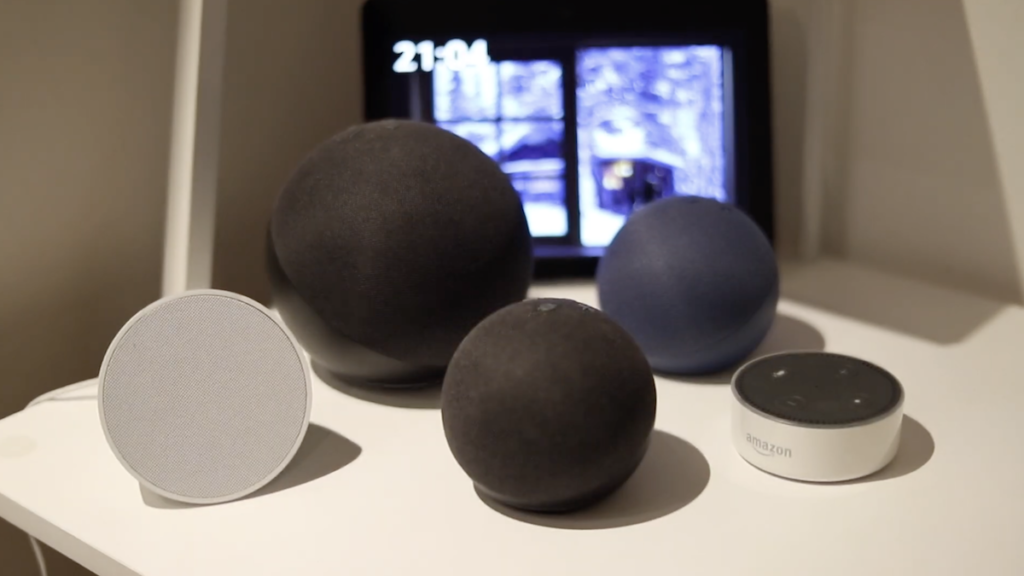
This is very interesting to create different additional routines.
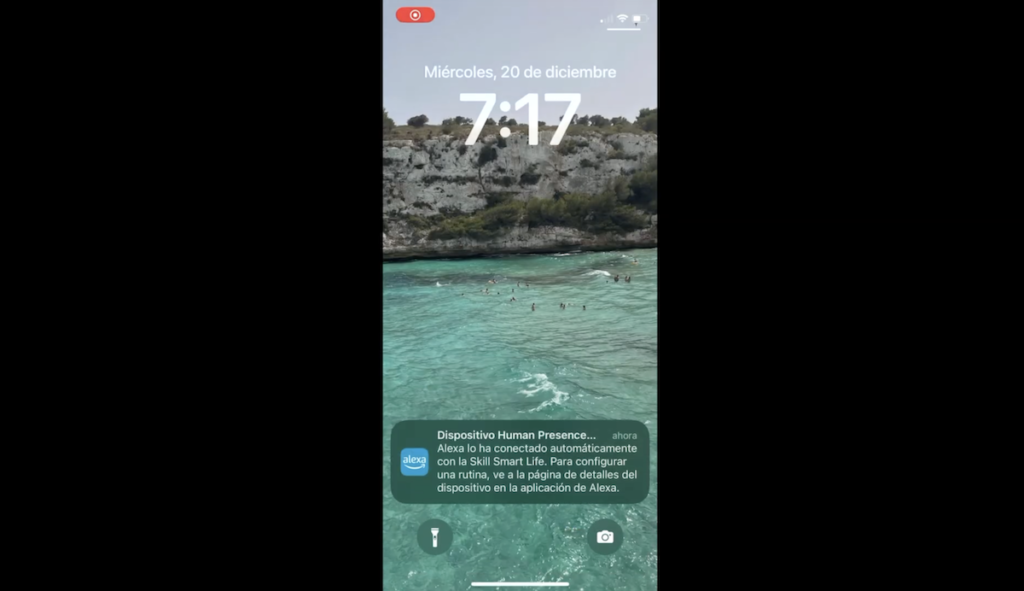
For example, when we wake up in the morning and walk through our living room, when it detects our presence, our voice assistant can tell us the weather conditions in our city and the news of the day.
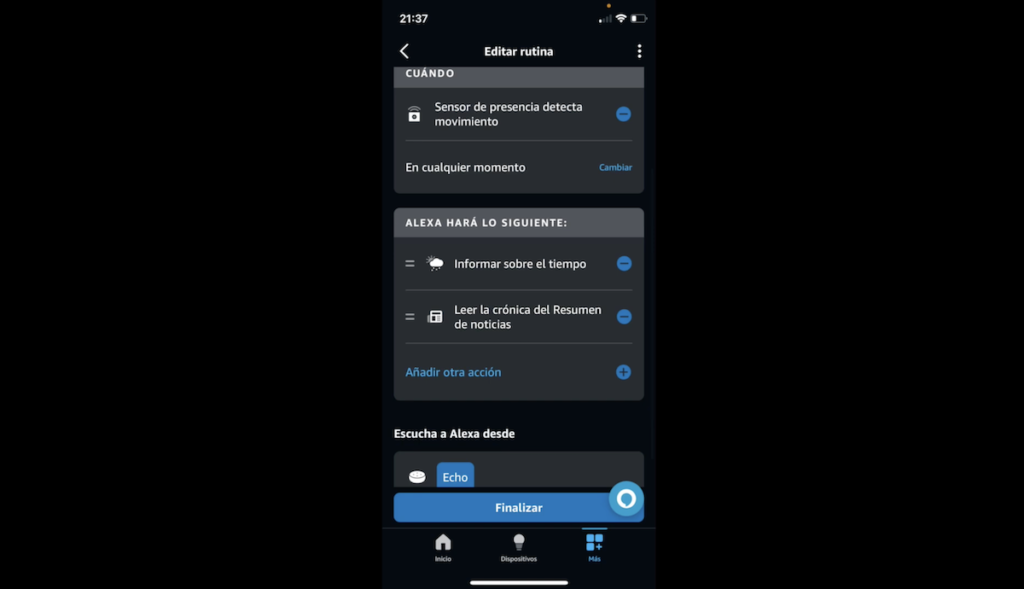
We could also decide to automatically launch our favourite Spotify tracks.

So surely this ZSS-LP-HP02-MS presence sensor will change your smart home experience and your imagination is your limit.
Purchased together with sensor ZSS-LP-HP02-MS
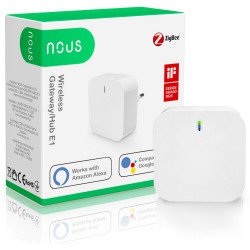
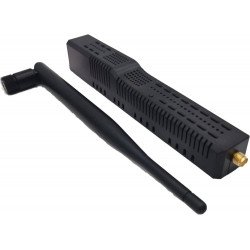
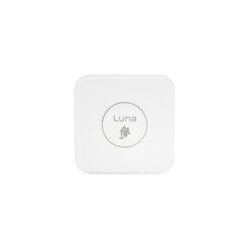
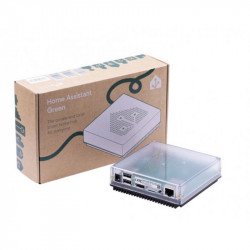
Buy now your Moes Zigbee Presence Detector Moes

Graduated with a Higher Technician’s Certificate in Home Automation, a Professional Bachelor’s degree in E-commerce and Digital Marketing, and a Master’s degree in SEO, I have been working since 2013 in a home automation e-commerce company called Domadoo, where I have the opportunity to test a large number of the popular Smart Home products on the market.